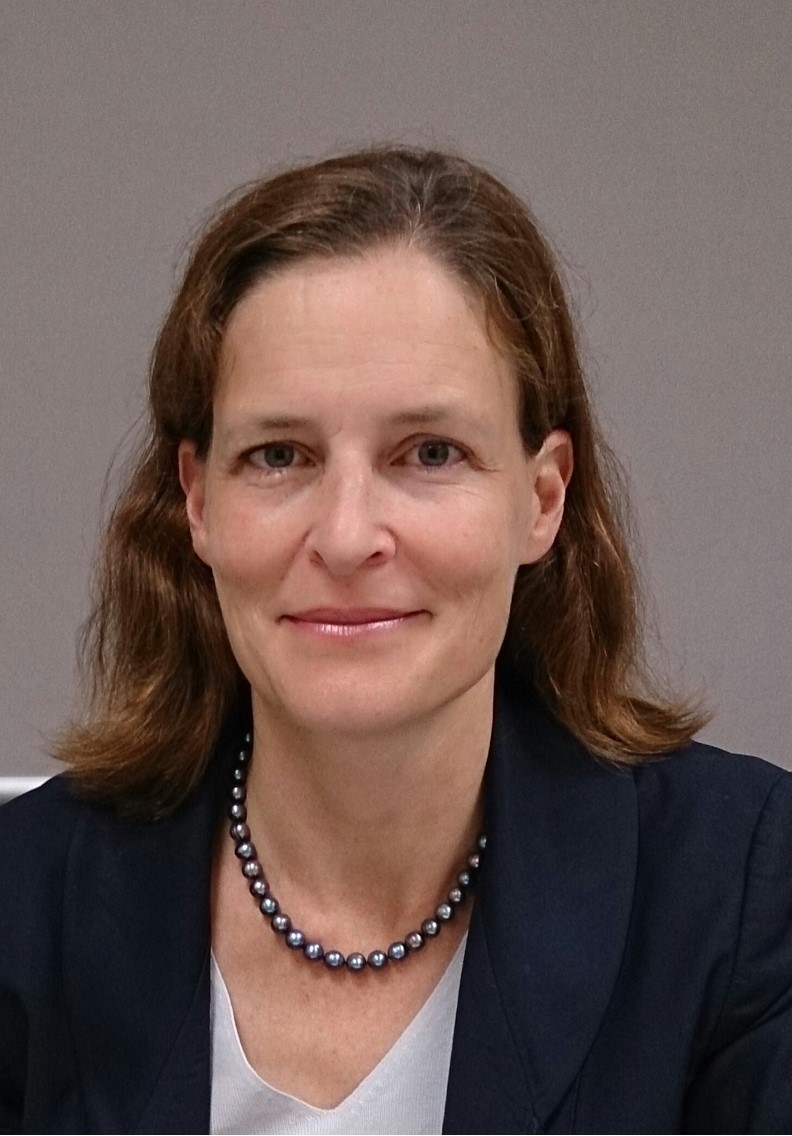ALERT!
This site is not optimized for Internet Explorer 8 (or older).
Please upgrade to a newer version of Internet Explorer or use an alternate browser such as Chrome or Firefox.
Featured Profile and Interview With Silvana Marasco, MBBS
Dr Silvana Marasco, MBBS, M Bioeth, PhD, is a cardiothoracic surgeon and the Deputy Director of the Department of Cardiothoracic Surgery at The Alfred Hospital in Melbourne, Australia. Dr Marasco earned her MBBS at Monash University in Melbourne. Early in her career she completed an overseas fellowship at the University of Virginia Medical Center in Charlottesville, Virginia, USA. Dr Marasco also holds a Master of Surgery, a Master of Bioethics, a Graduate Certification in Health Services Management, and a PhD, all of which she earned at Monash University.
Dr Marasco’s primary clinical interests are heart failure and mechanical support, transplantation, minimally invasive valve surgery, and off-pump coronary revascularization. She is also a leader on rib fixation, and has developed an intramedullary bone splint for the surgical management of fractured ribs. Her clinical research interests are many, and range from sternal protection and rib fixation to novel cardiac surgical devices and minimally invasive valve replacement. Related to her interest in transplantation, she focuses on organ preservation in preclinical trials. Dr Marasco is a member of the Australian and New Zealand Society of Cardiac and Thoracic Surgeons and is one of only four Australian members of the American Association for Thoracic Surgery.
Claire Vernon for CTSNet: You are interested in organ preservation, and you perform sheep heart transplants at Queensland University Technology (QUT) for a preclinical trial. What drew you to this interesting research opportunity?
Dr Silvana Marasco: I’ve always enjoyed preclinical trials, particularly those that require hands-on surgical input. The QUT group have a fantastic set up with a lot of very impressive people working there, so it was a wonderful opportunity to take part in an important body of work. I have been involved in other trials at QUT and always enjoy an excuse to fly there for the day to collaborate.
CTSNet: One of your postgraduate degrees is a Masters in Bioethics. How important is this topic to cardiothoracic surgery?
SM: I think it is incredibly important. We make decisions based on ethics every day. My Master of Bioethics thesis was on the ethical dilemma of turning off a ventricular assist device (VAD) in a patient who wants to end their life. As a transplant surgeon who is involved in VAD implantation, I thought it was very important to have thought through the possible scenarios that can occur, particularly for a patient who perceives that their quality of life is poor.
CTSNet: Can you tell us about your PhD research focus?
SM: I did my PhD on rib fixation. At the time I started rib fixation more than 10 years ago, there was almost no literature on how to do the surgery or on the mechanics of rib fixation. I collaborated with an engineering group through the Commonwealth Scientific and Industrial Research Organisation, and we modeled all of the forces acting on a fractured rib. We then assessed the strength needed in the currently available prostheses and made a few of our own designs, which we are still completing.
CTSNet: How does your clinical and preclinical research complement or influence your approach to patient care?
SM: All of my research is directly translatable to patient care. I am involved in a lot of first-in-man trials and trials assessing new innovations. I think the ability to take those trial products to patient contact quickly makes them all the more interesting.
CTSNet: If you had a magic wand to create the next innovation in CT surgery, what would it be?
SM: I think patients love the idea of minimally invasive type surgery, and we need to be able to offer more of our operations in this manner to respond to that demand. Cardiac surgeons need to constantly reinvent themselves and their work in order to stay relevant to the rapidly changing face of medicine.





